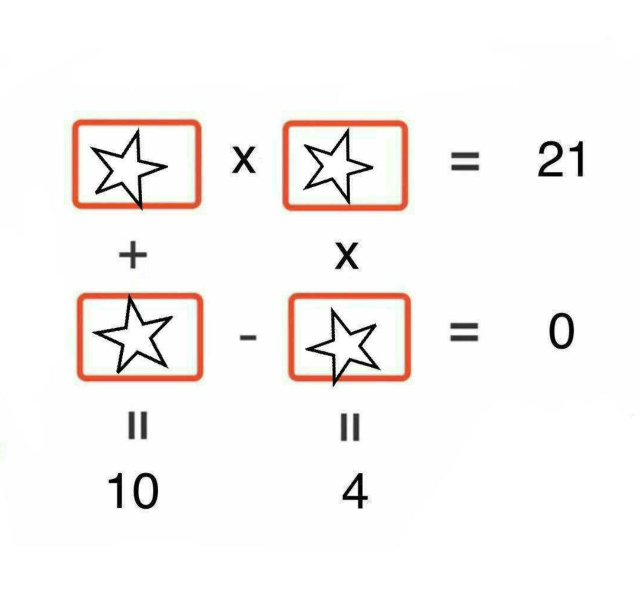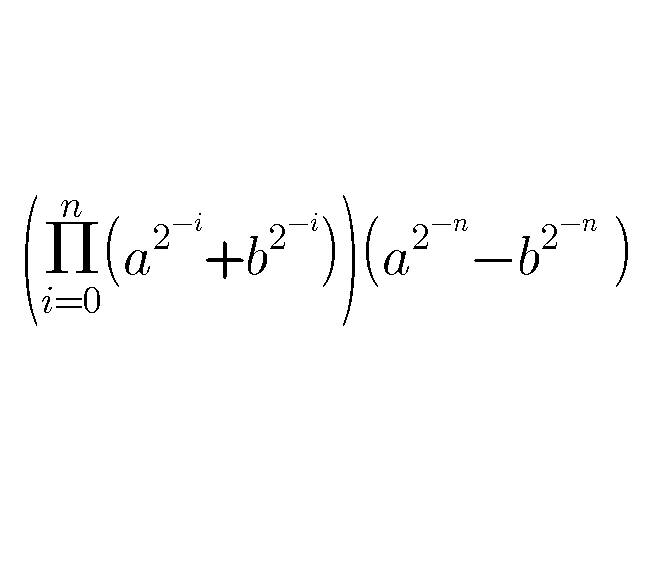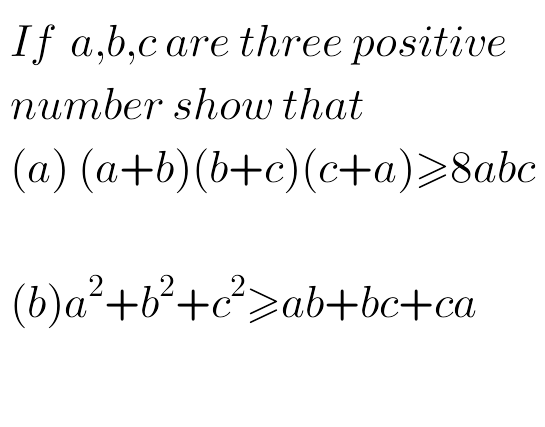
AlgebraQuestion and Answers: Page 295
Question Number 76048 Answers: 2 Comments: 0
Question Number 76009 Answers: 1 Comments: 0
$${hiw}\:{do}\:{i}\:{solve} \\ $$$$\mathrm{2}^{{x}} \:=\:\mathrm{4}{x}? \\ $$
Question Number 76003 Answers: 1 Comments: 0
Question Number 75990 Answers: 0 Comments: 0

Question Number 75985 Answers: 1 Comments: 0

Question Number 75933 Answers: 0 Comments: 2
Question Number 75932 Answers: 1 Comments: 1
Question Number 75916 Answers: 0 Comments: 1
Question Number 75913 Answers: 0 Comments: 1
Question Number 75918 Answers: 1 Comments: 0

Question Number 75883 Answers: 0 Comments: 2
Question Number 75845 Answers: 1 Comments: 2
Question Number 75828 Answers: 1 Comments: 1
$$\underset{{n}=\mathrm{1}} {\overset{\infty} {\sum}}\frac{\mathrm{1}}{\mathrm{10}^{{n}} } \\ $$
Question Number 75846 Answers: 2 Comments: 0
Question Number 75778 Answers: 1 Comments: 0
Question Number 75756 Answers: 0 Comments: 1
Question Number 75753 Answers: 1 Comments: 0
Question Number 75751 Answers: 0 Comments: 0

Question Number 75739 Answers: 1 Comments: 1

Question Number 75681 Answers: 1 Comments: 8

Question Number 75669 Answers: 3 Comments: 3

Question Number 75661 Answers: 1 Comments: 0

Question Number 75660 Answers: 2 Comments: 1
Question Number 75655 Answers: 1 Comments: 0
Question Number 75618 Answers: 0 Comments: 3

Question Number 75616 Answers: 1 Comments: 7
Pg 290 Pg 291 Pg 292 Pg 293 Pg 294 Pg 295 Pg 296 Pg 297 Pg 298 Pg 299
